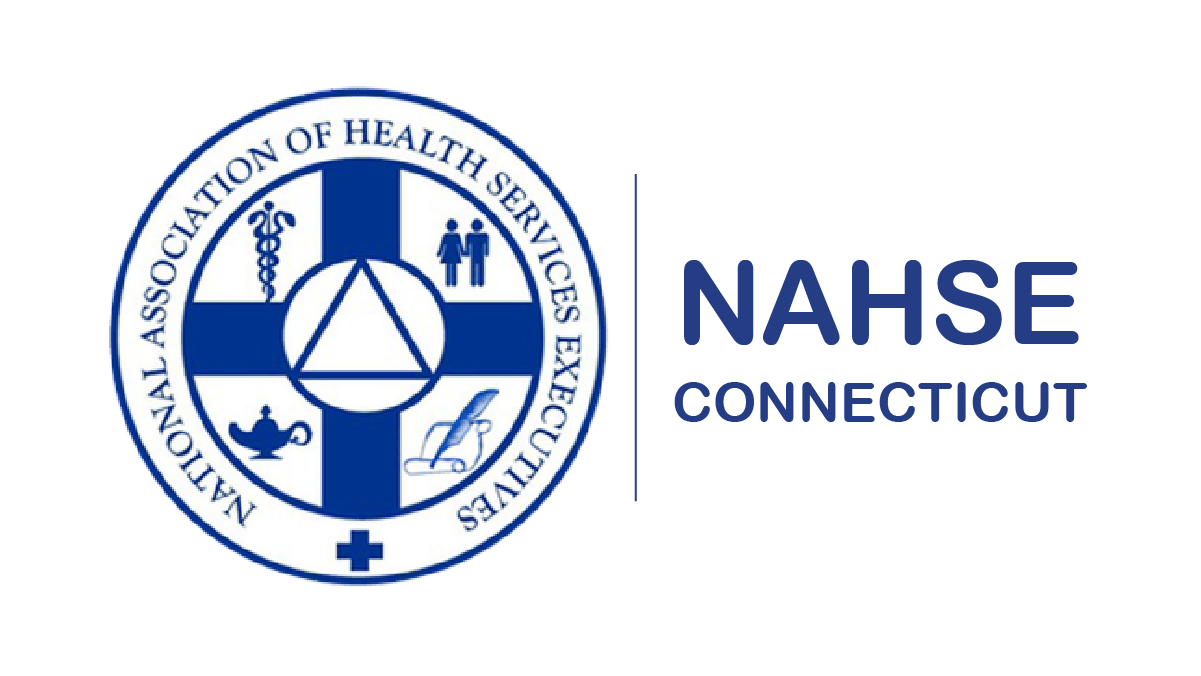NOVEMBER 2020: ELECTION STRESS across the GENERATIONS
Allison Joslyn, MA works as a Research Assistant II at UCONN Health Disparities Institute and serves as the parliamentarian for NAHSE CT.
OVERCOMING ELECTION STRESS SYNDROME
The American Psychological Association (APA) found in its Stress in AmericaTM survey that leading up to the election, 67% of Americans were stressed about the election (1). The outcome of the results did not make a difference as 81% of Americans now report sustained stress resulting from the uncertainty of the nation’s future. “This form of stress was high across political party affiliation, with 83% of Democrats, 83% of Republicans and 80% of independents reporting it as a significant source of stress” (2). Election stress syndrome has gained much attention in the world of behavioral therapy as many seek ways to navigate managing their stress. This is compounded by the ongoing pandemic which has in some ways, brought us closer together within our social groups but also distant across groups because of lack of communication, unstable policies and decision making and lack of leadership. However, in this moment of uncertainty, there is an opportunity to come together and work to drive action towards the change we want to see. But first, we must heal!
As we round up the year, it is imperative that we all come up with an action plan to manage our individual stress and move the needle a bit towards healing as a society. It may be possible that you felt like you could not talk to anyone because of the volatile climate or you may be fired up and have been on high energy shouting to whoever would hear, sharing your concerns. It is okay to feel uneasy bearing in mind as we approach the holiday season, which may bring an added layer of collective grief, loneliness, and a possible further separation. Being faced with a prolonged stressor like the anticipation of the election outcome can lead to general adaption syndrome, which explains the psychological changes the body experiences when under stress characterized by 3 main stages, alarm—state of shock and countershock, resistance—state of repair, and exhaustion-state of body adaption (3). When the body endures chronic stress and adapts to it, it manifests physically and can have detrimental effects on our overall health.
3 Steps to take in creating your action plan to manage election stress and champion your well-being:
Start small by talking about how you are feeling!
Take a moment to reflect and acknowledge how you are really doing
Sign up for therapy and talk to a professional who can help you process it all and facilitate necessary dialogue to work through it
Self-care is Public Health!
It is okay to focus on you
Listen to your body, and take time off work if you need to
Reduce the noise of social media and television and log off
Connect with others and build community! – fatigue resulting from having to pivot and adapt to virtual connections as a norm is real and while some may feel more connected, others may feel less so. Mixing up how you engage with others during this time of COVID-19 physical distancing is ideal.
Join a book club!
Volunteer!
Find community in sharing your views with others through podcasting or blogging.
References
1. https://www.apa.org/news/press/releases/stress/2020/report-october

